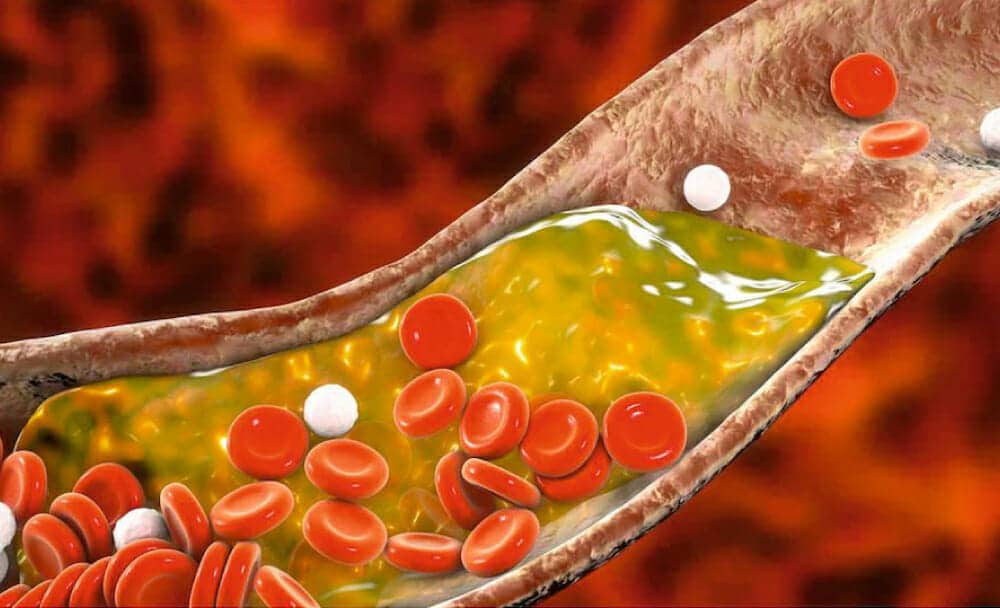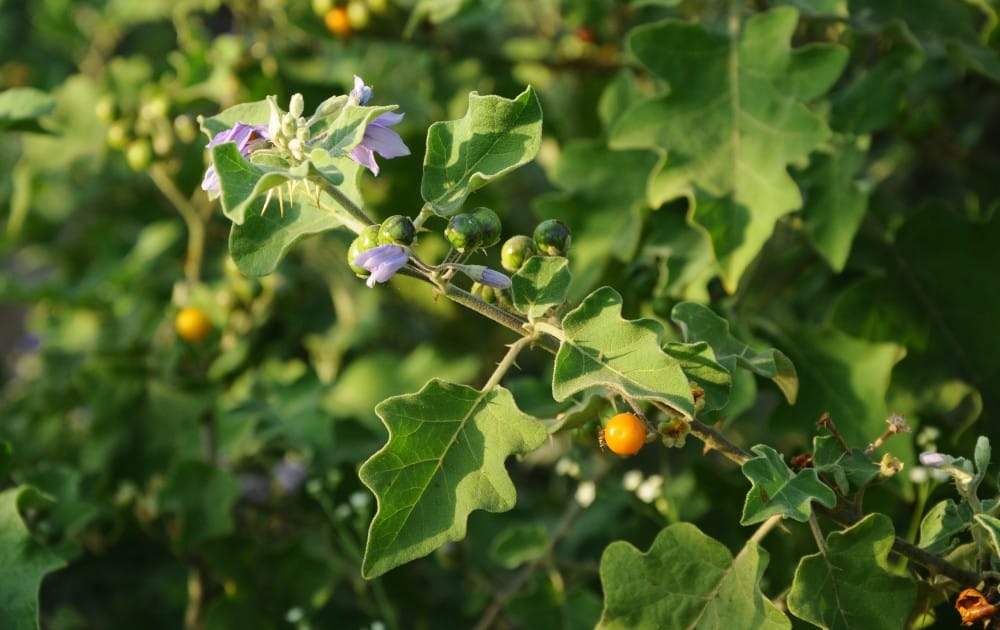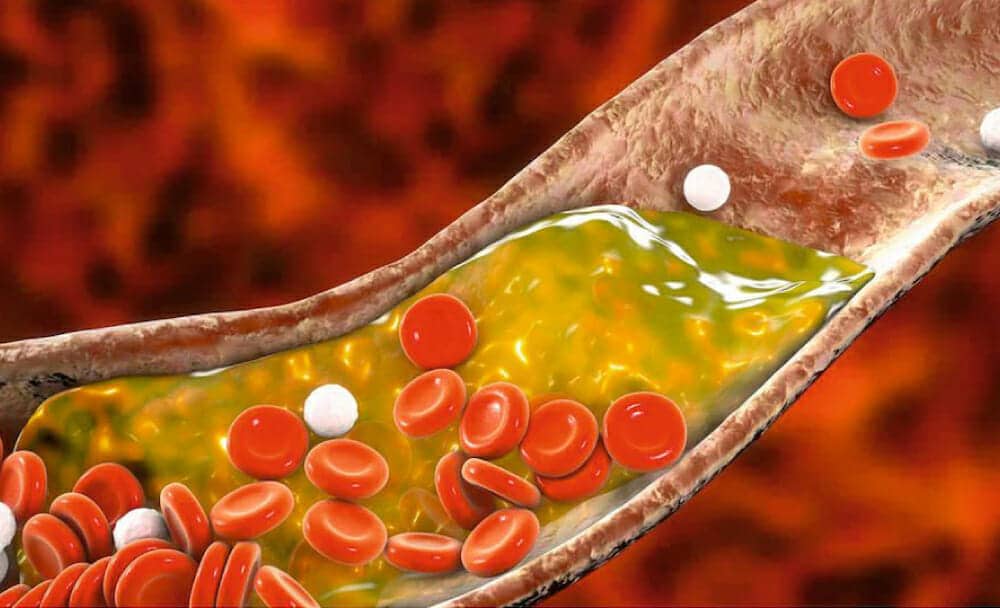
Cholesterol receives so much bad press because of its association with heart disease, but few actually know what cholesterol is. Did you know that cholesterol is a type of fat or lipid that your own body produces in the liver? This is because cholesterol is essential for various bodily functions. Dietary cholesterol, which mainly comes from animal-based foods including meats and dairy products can add to or supplement this naturally produced cholesterol. However, even though cholesterol is essential, when levels get too high it can increase the risk of heart disease and stroke.
There are various factors that can cause a rise in cholesterol levels, not just dietary and lifestyle factors, but also genetics. That’s why we’re all vulnerable to high cholesterol levels. Conventional medicines like statins can help to lower cholesterol, but come with their own risk of side effects. This makes natural treatments for high cholesterol a lot more preferable. As is often the case, Ayurveda’s ancient wisdom of medicinal herbs gives us one of the best natural remedies for high cholesterol.
The Guggulu Cholesterol Connection
Guggul or Guggulu is one of the most notable Ayurvedic ingredients although it may not be as popular as others like Ashwagandha and Shilajit. Guggul is technically not a herb, but is the sap or resin that is extracted from certain medicinal plants as described in Ayurvedic texts. The natural Ayurvedic ingredient has been used for millennia to treat a variety of inflammatory conditions such as arthritis, obesity, certain skin conditions, and most importantly, high cholesterol.
Many of these traditional Ayurvedic uses of Guggul are now supported by research. Today, we know that the resin called guggul contains a blend of organic plant compounds including carbohydrates, natural steroids, lignans and flavonoids, as well as amino acids. This rich composition of the ingredient is believed to offer a variety of health benefits including in relation to cholesterol management.
Does Guggul Lower Cholesterol Levels?

To put it quite plainly, yes Guggul supplementation can be extremely helpful at managing cholesterol levels and protecting against heart disease. It does this through a variety of mechanisms, some of which are direct, while others are not.
Guggul’s main mechanism of action is through its liver health benefits. This is because the resin contains a phytosteroid called guggulsterone, which has been heavily researched. Studies show that the phytosteroid may actually protect against fatty liver disease as it reduces the build-up of free fatty acids in serum and the liver. This results in a reduction in triglyceride and phospholipid levels, also supporting the liver’s natural role of metabolizing fats and excreting excess cholesterol in the body.
While this overwhelmingly answers the question ‘is Guggul good for cholesterol?’ in the affirmative, it does not give you the full picture of the benefits of guggul for cholesterol management. Widely used as a herbal supplement and in Ayurvedic weight loss formulations, Guggul supplementation works as a powerful natural aid for weight loss, reducing stress on the liver and improving liver function. Researchers found that regular intake of guggul supplements can help to regulate appetite control, making it easier for individuals to lose weight in shorter periods of time. In the study, participants were able to lose an additional 2 kilos within just one month of Guggul supplementation.
As obesity is directly linked to high cholesterol and triglyceride levels, increasing the risk of heart disease and other metabolic syndrome disorders, it is no surprise that Guggul also protects against high cholesterol and heart disease in this manner.
How to use Guggul for Cholesterol Control
In studies that have supported the efficacy of Shuddha Guggulu cholesterol control treatments, the optimal dosage is 500 mg thrice a day. Consistent use of the supplement is known to produce positive results in lipid profiles within as little as 4 weeks. However, as pointed out by the researchers and by any Ayurvedic physician, lasting and sustainable results will depend on other factors as well, such as changes to diet and lifestyle. For more guidance, consult an Ayurvedic physician.














1 Comments